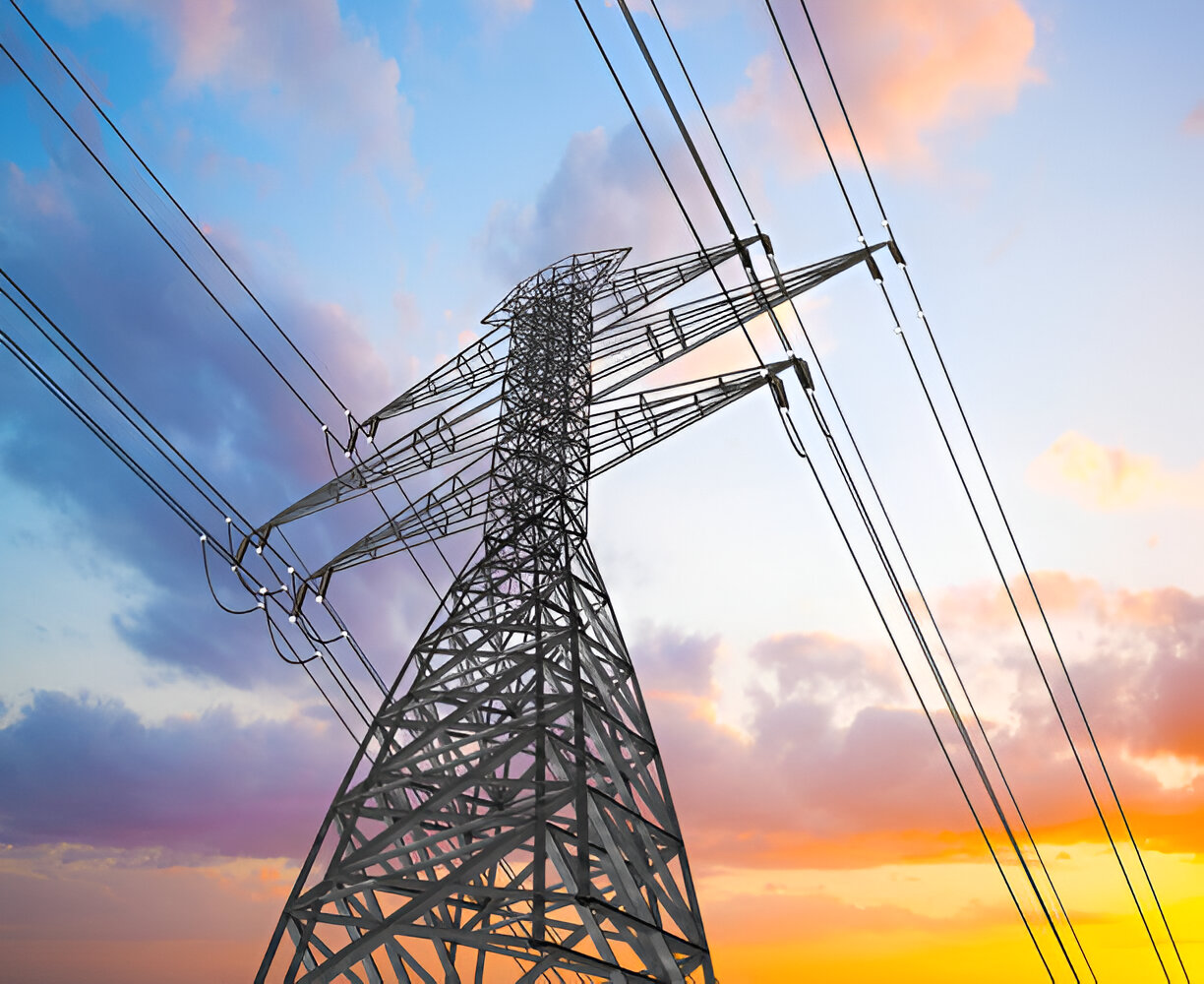Not all Aussie households are keen on smart meters. Whether it’s concerns about privacy, electromagnetic exposure, or simply wanting to avoid change, many still prefer old-school accumulation meters. But here’s the good news: a handful of energy companies in Australia don’t push smart meters as a must.
Quick Answer:
Some smaller or regionally focused energy companies in Australia still allow customers to opt out of smart meter installations, especially if a functioning basic meter is already in place. These companies may include local retailers and specific plans from larger providers that cater to off-grid or low-usage customers.
Let’s unpack this a little.
Why do some energy companies insist on smart meters?
Smart meters automatically send energy usage data to retailers, eliminating manual readings and enabling features like flexible pricing, outage tracking, and quicker switching between plans. For energy retailers, they reduce admin costs and improve efficiency.
But for consumers? The response is mixed.
Some enjoy tracking their usage through apps. Others, not so much. There are privacy concerns. Tech fatigue. And let’s be honest—some folks just want to keep things simple.
So while most major retailers are rolling out smart meters as part of broader infrastructure upgrades, not all enforce it—yet.
Which energy providers still allow basic meters in Australia?
While the national push is toward full smart meter rollout, there are still exceptions depending on your location and retailer. Here are a few common cases:
1. Red Energy and Lumo Energy
Owned by Snowy Hydro, these companies are known to take a flexible approach in certain states. If your meter is functional and legal, they may not force a change—particularly for long-standing customers in Victoria and New South Wales.
2. Momentum Energy
Momentum, a subsidiary of Hydro Tasmania, tends to have a more customer-first stance. In areas where smart meters aren’t mandatory (such as Tasmania), customers may retain their older meters—especially if they don’t require interval data.
3. Aurora Energy (Tasmania)
Because Tasmania has been slower in adopting smart meters across the board, Aurora still services a large number of homes with older-style meters. If you live in Tassie, chances are you won’t face pressure to upgrade just yet.
4. Local Government or Embedded Networks
In retirement villages, community housing, or small apartment buildings, the energy is often managed through embedded networks. These setups may still rely on older meters, especially if upgrading the entire site is logistically challenging or costly.
Can you actually refuse a smart meter?
Yes, in many cases you can say no—at least for now.
The Australian Energy Regulator (AER) states that smart meters can be refused unless there is a safety issue with the existing meter or you’re in a jurisdiction (like Victoria) where smart meters are now the norm.
That said, refusing a meter might come with consequences:
- Manual meter reading fees
- Limited plan options
- Ineligibility for time-of-use tariffs
So while you can often opt out, it may cost you in other ways.
What are the risks of refusing a smart meter?
Sticking with an old-style meter isn’t necessarily dangerous, but it can come with trade-offs. For example:
- Higher administrative costs
Some retailers charge extra for manual meter readings, especially in remote areas. - Limited plan access
Time-of-use pricing and peak/off-peak plans usually require interval data—which only smart meters provide. - Potential disconnection risk
If your meter becomes faulty or can’t comply with updated regulations, you may be forced to switch to a smart meter to continue service.
Why do some people avoid smart meters?
The hesitation isn’t always irrational. Here are a few of the most cited reasons:
- Privacy concerns – some users don’t want real-time data about their home habits sent to a central server.
- Health fears – although largely debunked by health authorities, some worry about EMF exposure from wireless meters.
- Control issues – people want to control when and how technology enters their homes.
Anyone who’s watched their dumb TV become a smart one—and then lag like crazy—knows the pain of tech that promised convenience but delivered frustration.
Are smart meters the future in Australia?
Yes, almost certainly.
The federal government and state bodies are all encouraging the nationwide rollout of smart meters. In Victoria, for example, they’re already standard. In other states like NSW and QLD, smart meters are required for new installations and replacements—but existing functional meters can often remain.
According to the Australian Energy Market Commission, the goal is to transition all homes to smart meters over time to improve grid management and consumer services. But the rollout has been slower than expected.
So while older meters haven’t been banned, their days are numbered.
What should you do if you want to avoid a smart meter?
If keeping your current meter matters to you, follow these tips:
- Stick with your current provider if they don’t insist on replacement.
- Avoid switching plans that specifically require a smart meter.
- Contact your energy broker to explore alternative retailers who may have compatible options.
- Ensure your current meter is safe and legally compliant.
If you live in a state that hasn’t mandated smart meters yet, you’ve got a bit of breathing room—but keep checking the fine print on any new energy offer.
FAQ
Can I legally say no to a smart meter in Australia?
Yes, unless your current meter is faulty or you’re in a jurisdiction where smart meters are mandatory (like Victoria).
Are smart meters bad for your health?
There’s no credible evidence linking smart meters to health risks. EMF levels are far below international safety limits.
Do smart meters save money?
Potentially. They enable access to time-of-use tariffs and can help you monitor usage more effectively, but savings depend on your habits.
Final Thought
Not everyone wants their electricity usage tracked to the minute, and that’s okay. Whether you’re cautious, nostalgic, or just a fan of analog living, knowing your energy options puts the power (literally) back in your hands.
To better understand how major providers are responding to meter rollouts and market pressures, it’s worth consulting an energy broker—especially if you’re weighing up cost vs convenience across different plans. Sometimes, the old ways really do still work.

